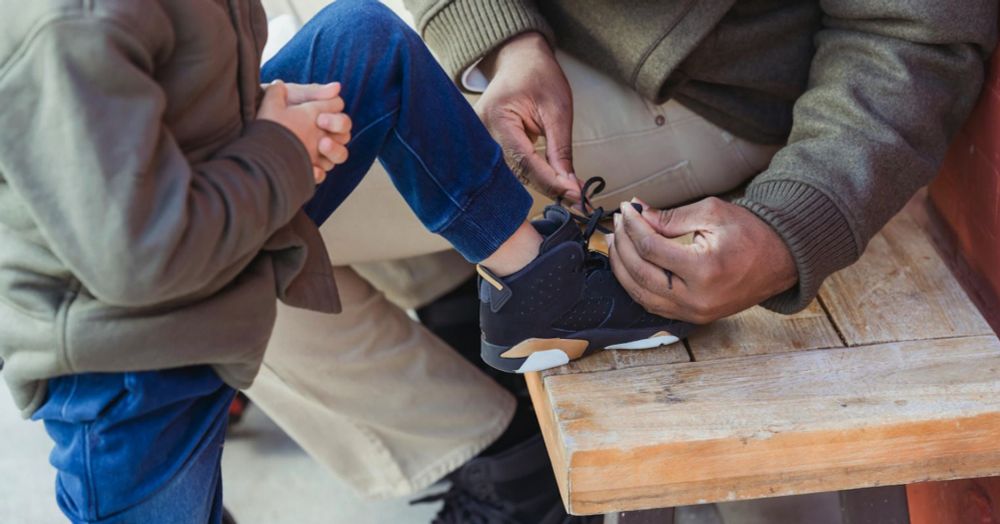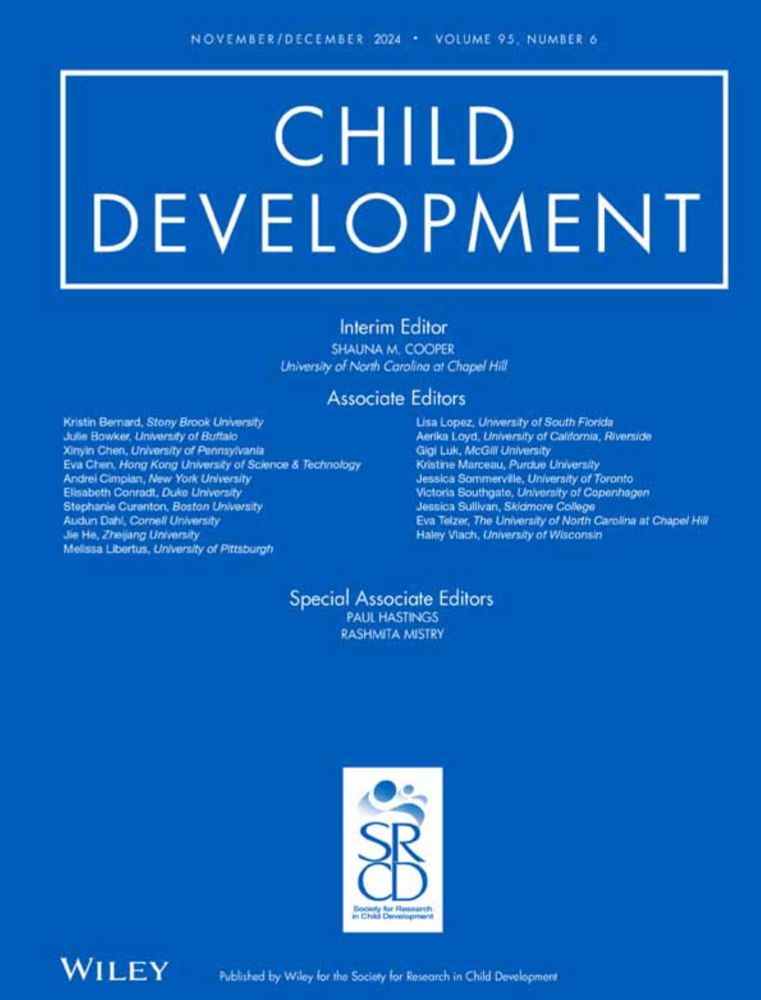
Design & Research Associate
Design & Research Associate #edtech #ai #learningdesign #edresearch #middleschoolmath ➜ About the Project Project Tangle & Thrive project explores ways to increase engagement and motivation for middl...
Hiring a part-time Design & Research Associate!
Details here: tinyurl.com/TangleDesign...
Apply here: forms.gle/46twwHFJPKXx...
What you'll do:
✨ Design prototypes for math activities
🔬 Coordinate experiments in education contexts
🤖 Explore AI tools, educational applications
28.08.2025 19:25 — 👍 3 🔁 1 💬 0 📌 0

Overparenting Is Holding Kids Back—Here’s What to Do Instead
Overparenting can hinder kids' independence. Research shows that reframing everyday tasks as learning opportunities helps parents step back and let kids grow.
Overparenting can hold kids back—but our research shows that framing tasks as learning opportunities helps parents step back and foster kids' independence! ✨ Read more in our latest Psychology Today piece: www.psychologytoday.com/us/blog/deve...
@julia-a-leonard.bsky.social @mika-asaba.bsky.social
10.03.2025 16:34 — 👍 24 🔁 11 💬 1 📌 1

AbstractPraise is not only rewarding but also informative. It can provide children with information about their competence, especially when they are uncertain or unable to judge for themselves. Not all praise is equally meaningful, however: Praise from someone who praises only high-qualitywork is more informative than praise from someone who praises indiscriminately. Across four experiments, we find that 4- to 5-year-old U.S. children—from both in-person preschool and on-line samples—can infer the informativeness of others’ praise based on the statistical dependence between praise and the quality of work evaluated. Participants were more likely to endorse praise from a teacher whose previous praise covaried with the quality of work over a teacher who praised indiscriminately or a teacher who praised only lower-quality work (Experiment 1). Although children did not show such a preference when seeking out praise for themselves (Experiment 2), they sought out praise from different teachers on behalf of another learner depending on the learner’s goal (Experiments 3-4). Collectively, these findings show that even young children understand thatpraise is more than just positive reinforcement. Rather, they can reason about a speaker’s inferredi nformativeness and use this to guide whose praise to seek out and endorse.

Example tracings and pictures of the different teachers (Fig 1 from the study).

Bar graph of results from Exp. 1.

Bar graph of Exp 2-4 results.
Young children infer the informativeness of others’ praise - new paper by @mika-asaba.bsky.social showing that kids will choose a teacher who praises good work over one who praises indiscriminately or randomly!
osf.io/preprints/ps...
24.10.2024 17:39 — 👍 17 🔁 7 💬 0 📌 0






